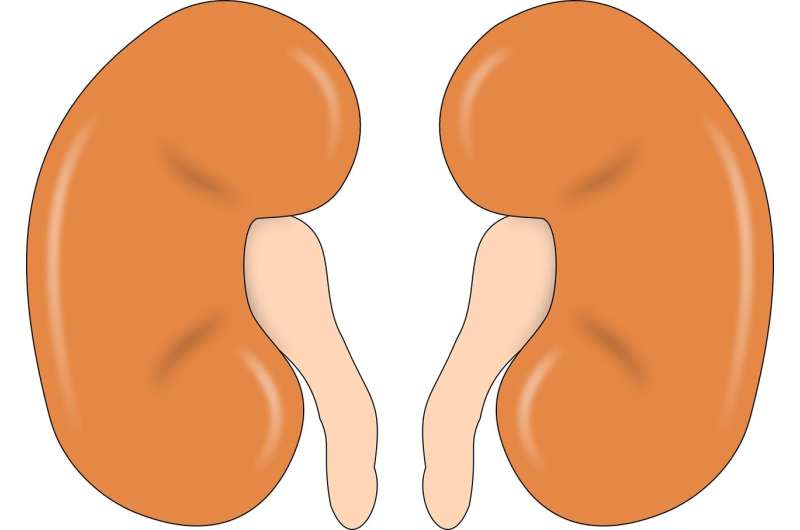
Results from a new study indicate that a pharmacist-led smartphone app may help safeguard against medication-related health problems in individuals who have received a kidney transplant. The study will appear in an upcoming issue of CJASN.
For the nearly 250,000 kidney transplant recipients alive today in the United States, follow-up care can be challenging, and while modern advances in drug therapies, monitoring, and diagnostic tests have improved short-term health outcomes following kidney transplantation, long-term outcomes have not seen the same benefit. Medication safety issues—including medication errors, side effects of medication, and failure to take medications as prescribed—are key contributors to suboptimal long-term health in patients who have received kidney transplants.
To address this, a team led by David J. Taber, PharmD, MS, BCPS, James N. Fleming, PharmD, and Haley M. Gonzales, PharmD (Medical University of South Carolina) developed and tested as pharmacist-led, smartphone-based app. For the study, 68 adults who had received a kidney transplant 6 to 36 months earlier received the health app that was integrated with televisits and home-based blood pressure and blood sugar monitoring. The app provided an accurate medication regimen, timely reminders, and side effect surveys. A group of 68 kidney transplant recipients served as controls. Both the control and intervention groups received usual care, including lab monitoring and regular clinic visits.
Compared with participants in the control group, participants receiving the intervention were 61% less likely to experience a medication error, 45% less likely to experience serious side effects, and 54% less likely to be hospitalized over the 12 months of the study.
“Medication safety issues are predominant contributors to poorer health outcomes following kidney transplantation and lead to increased healthcare utilization. Clinical pharmacists have the unique education and training to help identify these issues early on and take action to mitigate downstream consequences,” said Dr. Taber. “Additionally, mobile health technologies have emerged as a new tool to supplement current health practices and improve outcomes. It is paramount that we identify innovative strategies to help manage medication safety issues, and the integration of mobile health-based interventions and clinical pharmacist leadership represents a promising opportunity.”
Source: Read Full Article